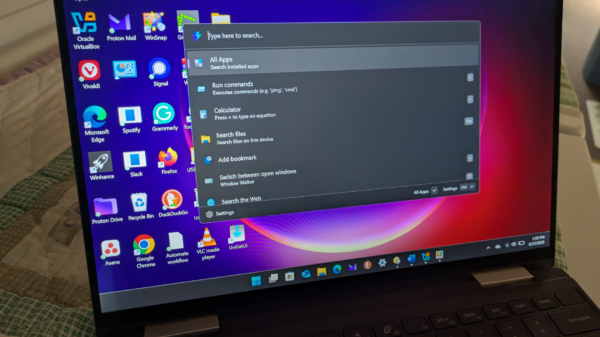Meta has unveiled significant enhancements to its Horizon Worlds platform during the annual Connect conference, aiming to rejuvenate its ambitions in the metaverse. The company introduced the new Horizon Engine, a reimagined virtual reality framework designed to improve performance and overall user experience. According to The Verge, this engine promises faster loading times and supports up to 100 concurrent users in a single environment, a notable improvement from previous limitations that often restricted user interactions.
Alongside the engine, Meta launched Horizon Studio, a suite of tools allowing creators to build and customize virtual worlds more intuitively. Features such as AI-driven prompts enable users to generate intricate environments using simple text inputs, potentially democratizing content creation within the metaverse. Given the platform’s struggles with user retention since its inception, these upgrades are critical for attracting and maintaining a larger audience.
Addressing Technical Challenges with Horizon Engine
The redesign of the Horizon Engine directly addresses several long-standing technical challenges that have hindered virtual reality platforms. Users have often faced frustrating loading delays, leading to high abandonment rates during social VR experiences. Meta claims that the new engine significantly reduces these delays, potentially making Horizon Worlds more competitive with platforms like Roblox and Fortnite’s creative modes.
Sources from Road to VR indicate that the update not only accelerates access to virtual worlds but also enhances graphical fidelity, facilitating more immersive interactions without the hardware strain associated with earlier versions on Quest headsets. The ability to accommodate 100 users per space opens new possibilities for large-scale events, such as virtual concerts and corporate meetings, which could attract enterprise clients, an area where Meta has invested significantly through its Reality Labs division.
Despite these advancements, concerns persist regarding user engagement. Data from Wikipedia suggests that Horizon Worlds’ user base fell below 200,000 monthly active users by late 2022, highlighting the urgent need for these enhancements to translate into sustained engagement.
Empowering Creators with Horizon Studio
The introduction of Horizon Studio marks Meta’s effort to cultivate a creator economy within its metaverse. By integrating AI prompts, the studio allows even non-technical users to prototype worlds quickly. For instance, describing a futuristic cityscape can result in a virtual representation appearing in real time. Coverage from BizToc emphasizes that this feature, powered by the new engine, ensures that AI-generated assets load efficiently and integrate seamlessly into the platform.
This strategy aligns with broader industry trends emphasizing user-generated content. However, it also raises questions about quality control and intellectual property in AI-assisted creation. Insiders familiar with the platform’s evolution recall Meta’s earlier $50 million Creator Fund, which incentivized builders through bonuses tied to engagement metrics. The new studio could amplify this initiative by simplifying the creation process, potentially enhancing the ecosystem’s vibrancy.
Challenges remain for Meta as Horizon Worlds seeks to solidify its position. Historical critiques, including those from The Verge, have indicated that 2025 could be a pivotal year for the platform, with high expectations set by Meta’s Chief Technology Officer, Andrew Bosworth. User numbers remain a concern; while early 2022 peaks hit 300,000 monthly users, recent stagnation suggests that mere technical upgrades may not suffice without compelling content.
In summary, Meta’s announcements signal a commitment to refining its metaverse strategy, even as losses in Reality Labs continue to mount. The integration of mixed reality elements, teased at Connect 2025, might enhance the utility of virtual worlds for sectors such as education and retail. Ultimately, the success of the Horizon Engine and Horizon Studio will depend on adoption rates and feedback from creators. If these tools drive a wave of innovative worlds, Meta could reshape its narrative in the metaverse. Yet, with competitors advancing rapidly in spatial computing, delivering on these promises will be crucial for maintaining relevance in an ever-evolving digital landscape.






































































